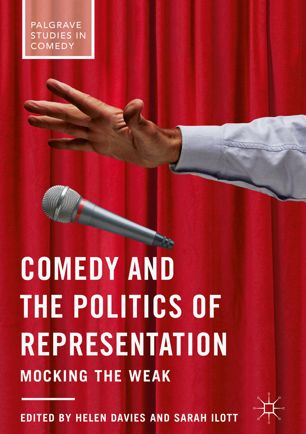

Most ebook files are in PDF format, so you can easily read them using various software such as Foxit Reader or directly on the Google Chrome browser.
Some ebook files are released by publishers in other formats such as .awz, .mobi, .epub, .fb2, etc. You may need to install specific software to read these formats on mobile/PC, such as Calibre.
Please read the tutorial at this link. https://ebooknice.com/page/post?id=faq
We offer FREE conversion to the popular formats you request; however, this may take some time. Therefore, right after payment, please email us, and we will try to provide the service as quickly as possible.
For some exceptional file formats or broken links (if any), please refrain from opening any disputes. Instead, email us first, and we will try to assist within a maximum of 6 hours.
EbookNice Team

Status:
Available4.4
21 reviewsThis edited collection explores the representations of identity in comedy and interrogates the ways in which “humorous” constructions of gender, sexuality, ethnicity, religion, class and disability raise serious issues about privilege, agency and oppression in popular culture. Should there be limits to free speech when humour is aimed at marginalised social groups? What are the limits of free speech when comedy pokes fun at those who hold social power? Can taboo joking be used towards politically progressive ends? Can stereotypes be mocked through their re-invocation? Comedy and the Politics of Representation: Mocking the Weak breaks new theoretical ground by demonstrating how the way people are represented mediates the triadic relationship set up in comedy between teller, audience and butt of the joke. By bringing together a selection of essays from international scholars, this study unpacks and examines the dynamic role that humour plays in making and remaking identity and power relations in culture and society.